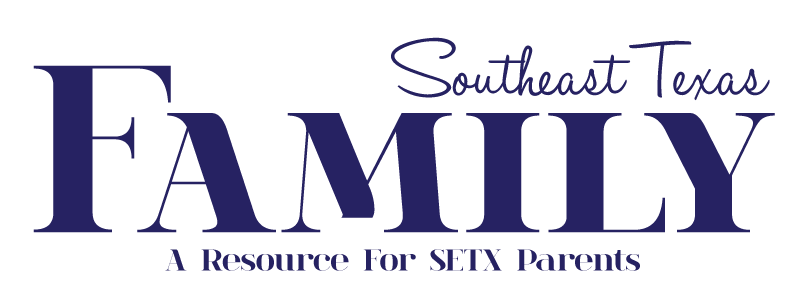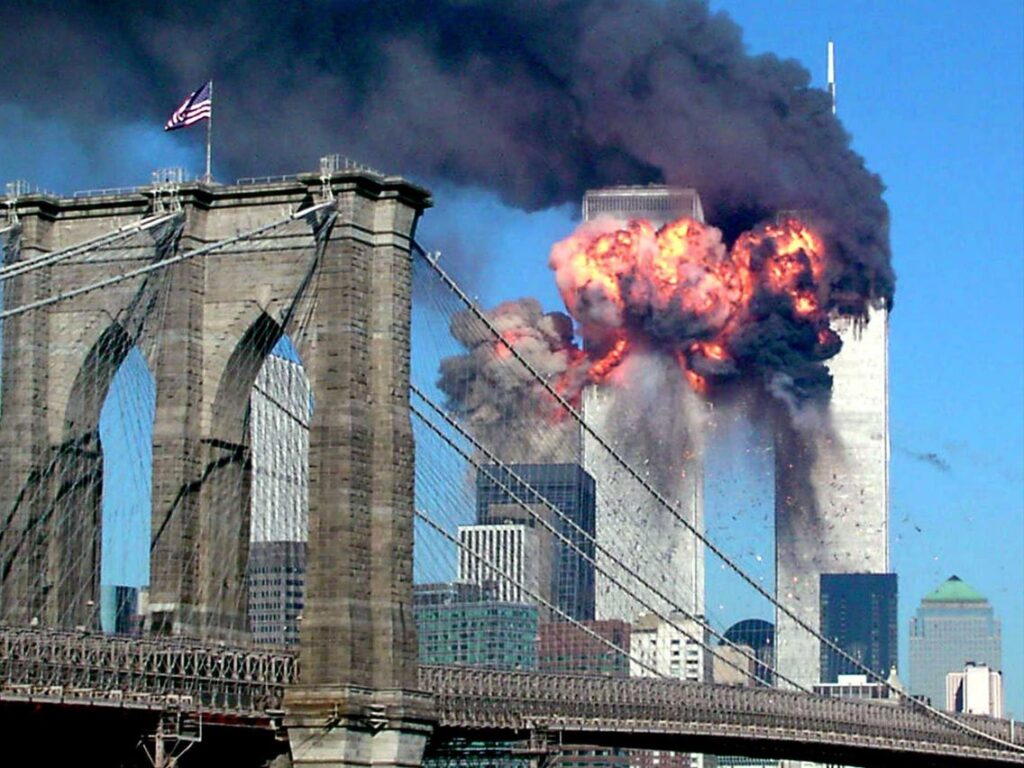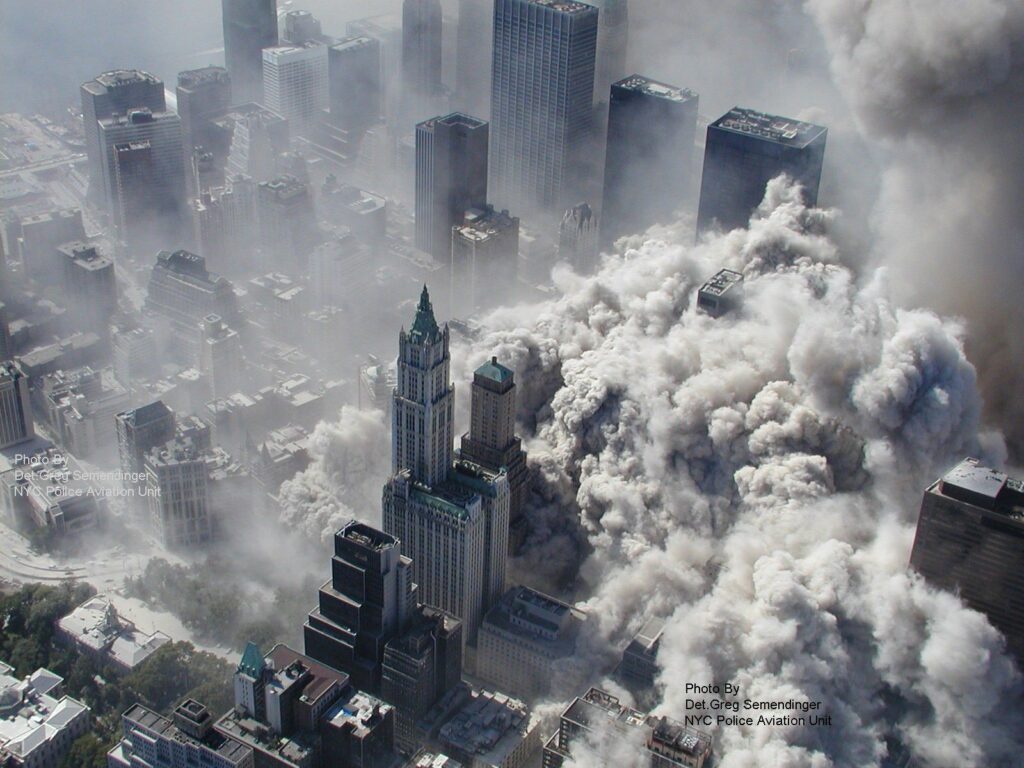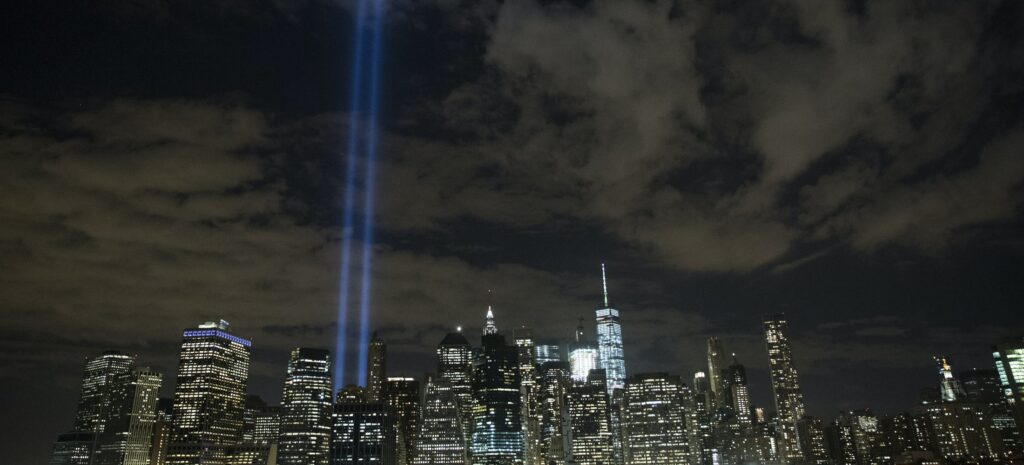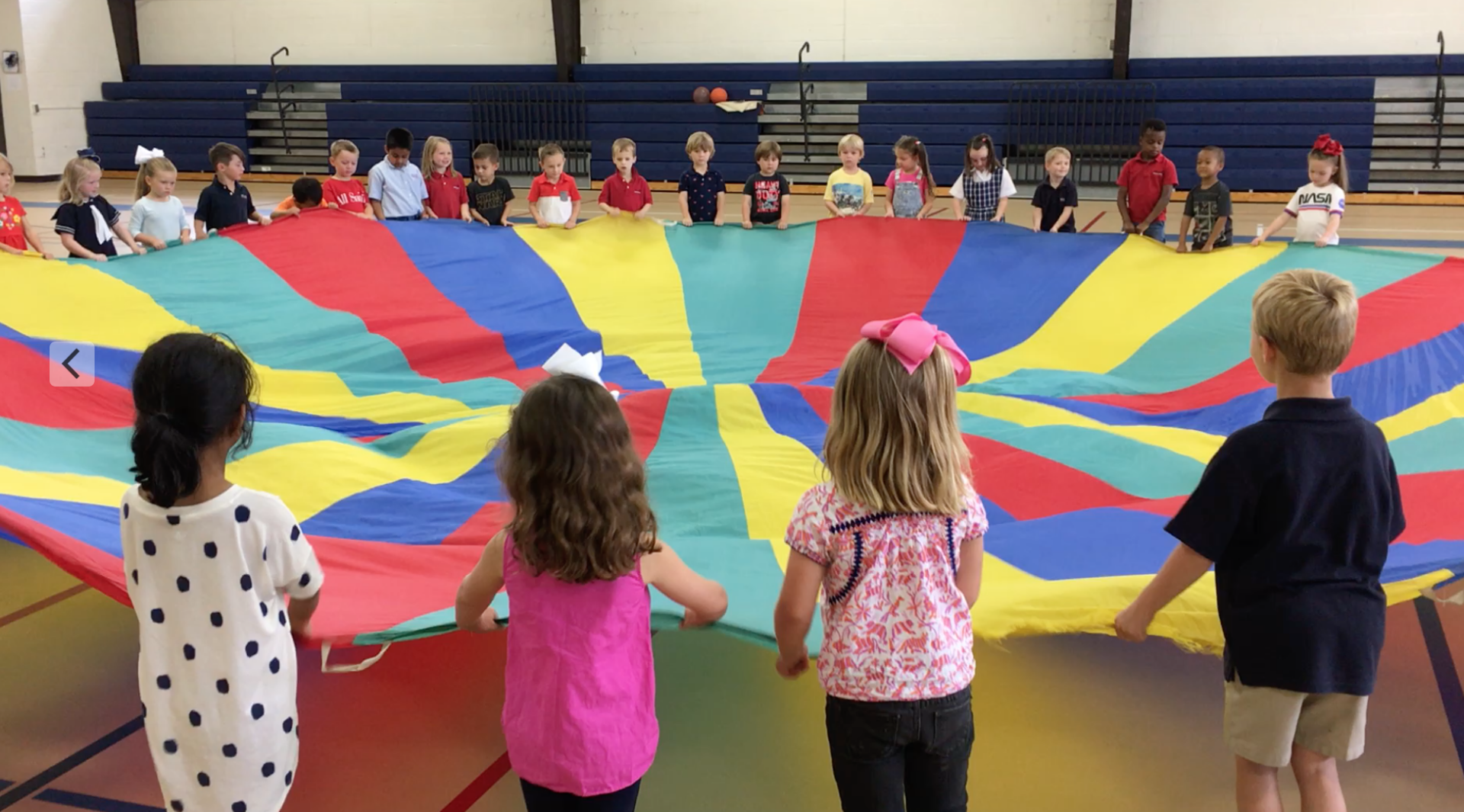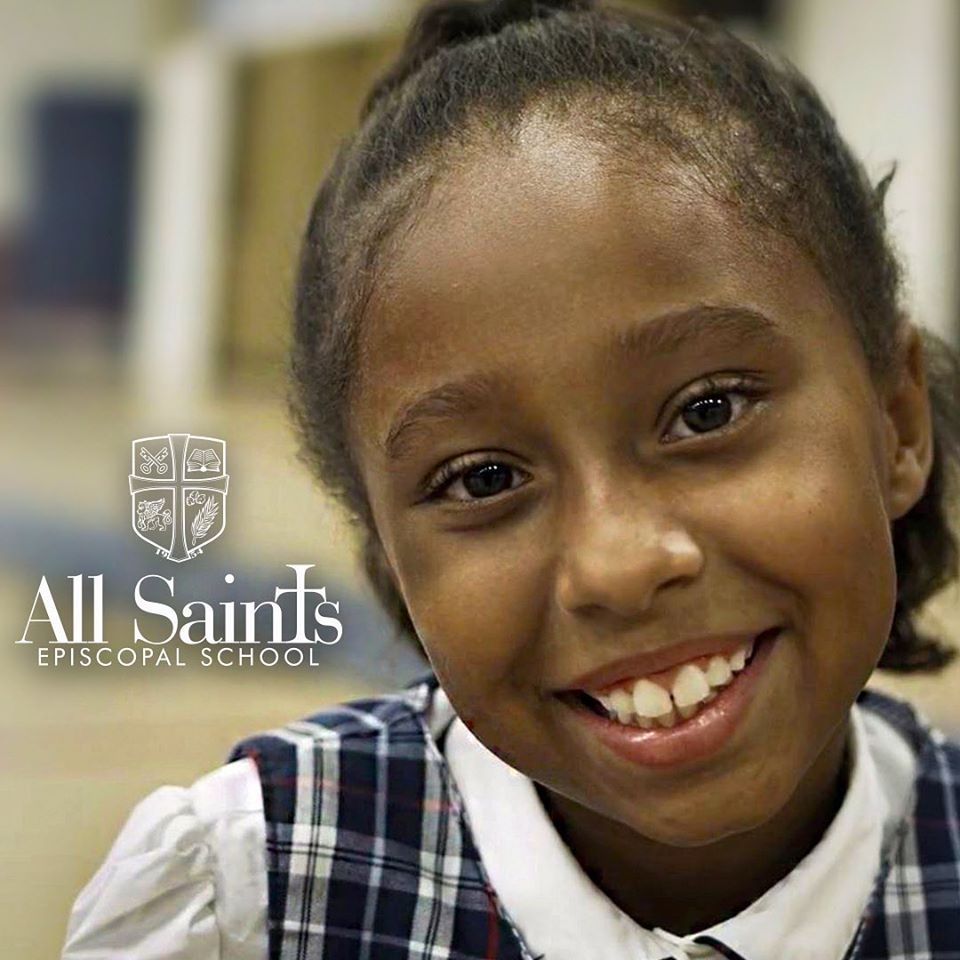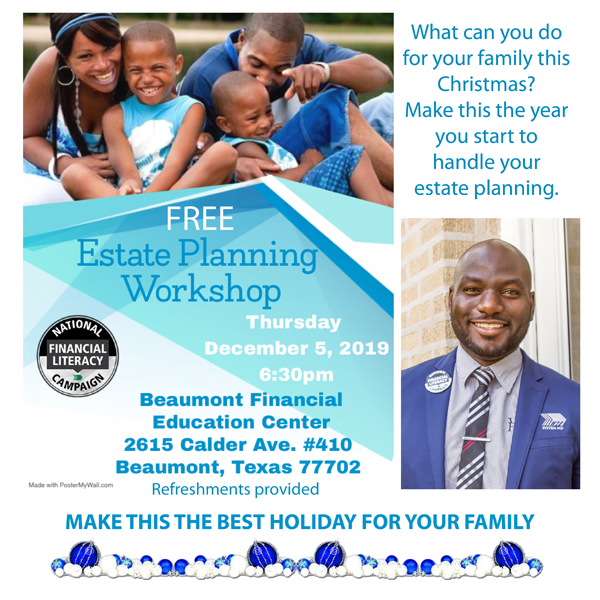Remembering September 11th
One Southeast Texan’s Memories from Manhattan
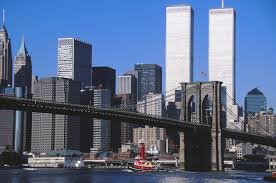 When I was a child, I read a lot about war. In my lifetime, in my parents’ lifetime and my grandparents’, wars were predominantly fought overseas.
When I was a child, I read a lot about war. In my lifetime, in my parents’ lifetime and my grandparents’, wars were predominantly fought overseas.
Even when I was in college, there didn’t seem to be any real danger of Americans being attacked in our own country.
When I left the University of Texas, I had a wonderful group of friends. We all wanted to continue the next phase of our lives together. A dozen of us went on to New York City together working in medicince, finance, IT, and advertising.
It was an ideal young adulthood. We worked hard, but we also played hard. Together, we made new friends, explored the five boroughs, and enjoyed being young in America’s greatest city.
My roommate and I lived in Forest Hills. To this day, I believe it to be the perfect neighborhood. The “F” subway line runs an express route that got me to my office at The Discovery Channel quickly without having to change trains.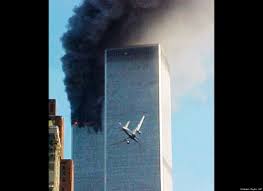
The morning of September 11th, I got off of the train feeling good, excited to go to work. I saw a co-worker who flagged me down. He had headphones on, “Hey, Howard Stern said an airplane crashed into one of the World Trade Center towers.” I stiill remember how I felt. It was probably nothing serious, right? A Cessna with an incompetent pilot. Probably minor damage.
We went up the elevator together. As soon as we stepped off, there was a clear, strong vibe of fear coursing through the office. Working for a TV network, there are TVs everywhere. They were showing the burning tower, and it was clear that what had happened was not an accident and that it was a very big deal.
When the second plane hit, I went back and sent my team home. There was no work to be done that day. I stayed back for a bit, taking a call for my brother. A career Coast Guard officer, he was stationed at their national headquarters, across the river from the Pentagon. I assured him I was fine and getting ready to leave Manhattan and return to Queens.
Shortly after I hung up with him, the TV flashed an announcement that the Pentagon had been hit. My brother and I seemed so far apart, but both of us were close to the tragic events of the day.
I made sure everyone I was responsible for had made it out of the building, and then headed down myself. The subway was already closed, so I headed for Queens Bridge. It was closed as well, or it was supposed to be. A tough, older New York woman commandeered a cab for me and a group of other strangers. She informed the police that we’d be crossing the bridge. They relented, and let us pass. We were the last car over the Queen’s Bridge that morning. With no one behind us, the cab driver stopped in the center of the bridge.
We got out to see what was happening with our own eyes. In some ways, I wish we hadn’t. The first tower was already down, just smoking. That was my first time seeing the skyline without both towers dominating my view. The second fell while we stood there, and we started crying. Defeated, we climbed back into the cab in silence. The driver patiently took each passenger to their apartment building, refusing payment over and over.
When I got out of the cab, there were already candles of every description going into windows on Queens boulevard and its side streets. There were glass Catholic candles, menorrahs, tea candles, and tapered table candles.
It wasn’t long before those started arriving who’d missed the last of the cabs. They walked from their offices in Manhattan to their homes in Queens or to our neighborhood, which was the first place they could catch the Long Island Railroad to the suburbs.
I remember the sky and air being gray. Remarkably, ashes had covered the whole city and were drifting down on us like dirty snow.
The after shocks of the day continued to impact my friend group and co-workers for the rest of the time I stayed in the city. The first time I went for a run after 9/11 a small plane sprayed my neighborhood with chemicals. I was scared. Had i just been poisoned? It was just the city, spraying for mosquitos. They’d probably scheduled it weeks in advance and didn’t realize the panic that they would cause. My staff missed several days of work. They’d hear that the subway was going to be attacked or that the bridges were going to be bombed.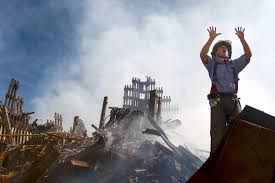
Everyone knew someone who was directly affected. Almost 3,000 people died that day. That’s a lot of people, even in the nation’s largest city. The person I knew that was hit the hardest was my roommate. His cousin was in the World Trade Center. He went down to Ground Zero every day, volunteering with the cleanup crews. He patiently worked to help find something to give his family closure. Her body. Her purse. Her ID. They never found anything. It was like my friend’s cousin had just disappeared from the universe. He was haunted, and we were haunted vicariously.
By the end of the year, most of us were gone. Our “Age of Innocence” was over. We returned to Texas, but we were spread out for the first time since junior high. We were in Austin, Dallas, Houston, Sugar Land, Beaumont, and a half dozen smaller towns. We went from seeing each other two or three days a week to once or twice a year, which eventually became less.
I hope this helps give you some perspective of what life in Manhattan and Queens was like that day.
I hope you’re spared going through anything similar.
